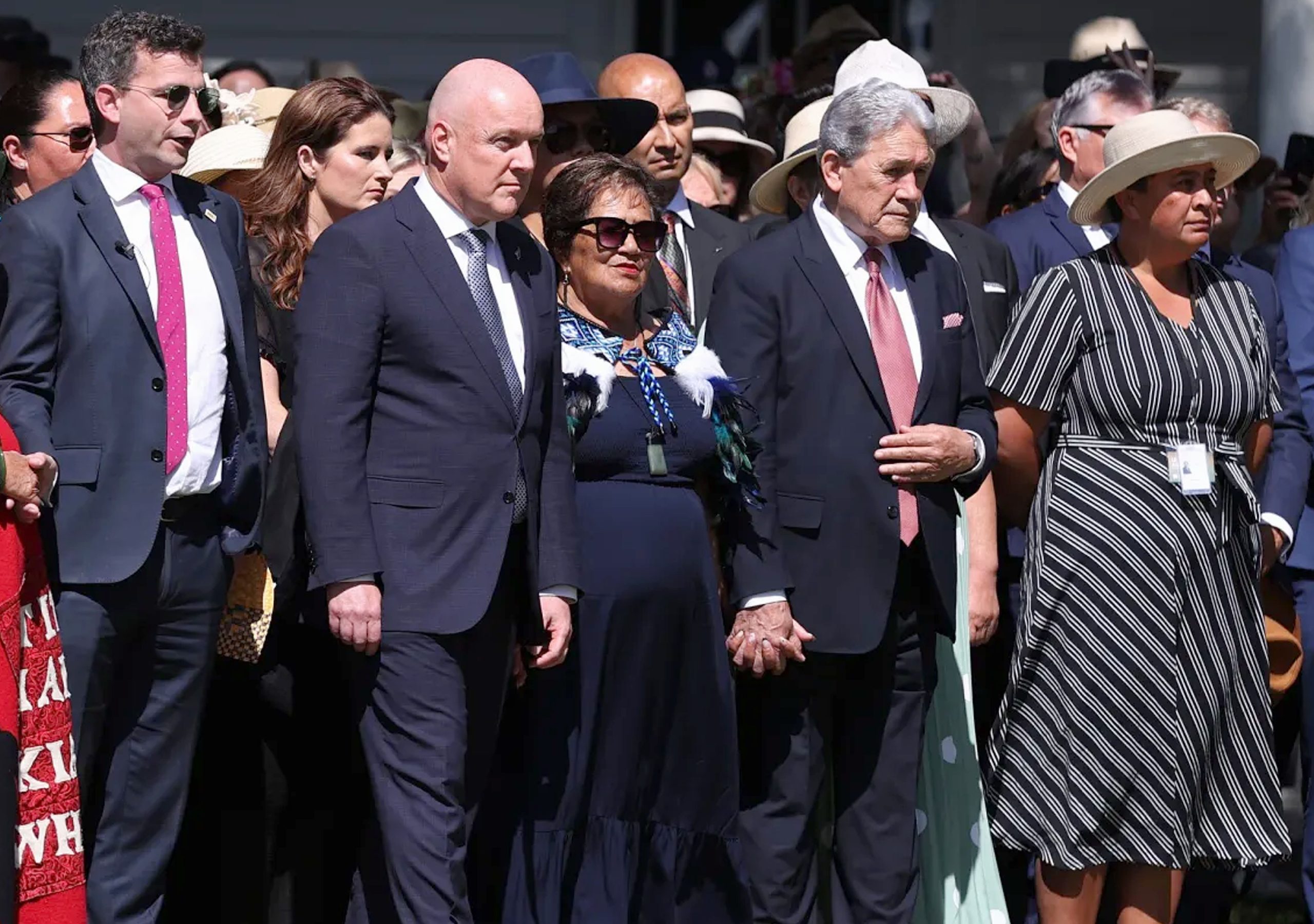Cabinet has endorsed three key principles to be incorporated into Act Party leader David Seymour’s Treaty Principles Bill. The principles— “Civil Government,” “Rights of Hapū and Iwi Māori,” and “Right to Equality”—have been outlined in government documents, including analysis from the Ministry of Justice.
David Seymour, also the Associate Justice Minister, is pushing to define these Treaty principles through legislation, aiming to affirm that “every person is equal before the law.” However, critics argue that the bill is discriminatory and divisive, threatens the relationship between the Crown and Māori, and addresses a non-existent issue.
Three Key Principles
1.Civil Government: This principle emphasizes the Government’s full authority to govern New Zealand and the Parliament’s complete power to enact laws. It highlights that these laws are made in the best interest of all citizens and are in line with the rule of law, promoting a free and democratic society.
2.Rights of Hapū and Iwi Māori: This principle acknowledges the specific rights of hapū (subtribes) and iwi (tribes) that were recognized when the Treaty of Waitangi was signed. The Crown promises to respect and protect these rights. However, these rights will only differ from the general rights of all citizens if explicitly stated in legislation, Treaty settlements, or agreements with the Crown.
3.Right to Equality: This principle enshrines the idea that all individuals are equal before the law and are entitled to equal protection and benefits under the law, without discrimination. It stresses the equal enjoyment of fundamental human rights by all citizens.
Seymour’s bill is currently being drafted, with a public draft expected to be released in November. The bill will then be reviewed by a select committee for six months. Although the bill is part of the coalition government’s agenda, Seymour’s coalition partners, National and NZ First, have confirmed they will not support the bill beyond its first reading. This opposition was reiterated at the 18th coronation celebrations of the late Māori King, Kīngi Tūheitia, at Tūrangawaewae.
Seymour highlighted that while the Treaty principles were first introduced into legislation in 1975, Parliament has never defined them. As a result, courts, the Waitangi Tribunal, and government agencies have developed their interpretations, which Seymour believes conflict with the principle of equal rights. He cited examples such as co-governance arrangements in public services and ethnic quotas in public institutions as being at odds with this principle.
Seymour says, the Treaty principles are “here to stay,” and the bill seeks to clearly define them, provide legal certainty, and ignite a national conversation on their place in New Zealand’s constitutional structure.
Government documents released in conjunction with the bill highlight several concerns regarding its impact. A Cabinet paper reveals that the bill is scheduled for introduction to the House on November 18, with its first reading planned for November 21. Following this, it will be examined by a select committee for six months. Officials noted that a high volume of public submissions could potentially delay this process.
The accompanying Regulatory Impact Statement considered both the current system, in which the courts and Waitangi Tribunal interpret Treaty principles, and the proposed legislative approach of defining the principles.
The analysis also pointed out inconsistencies between the proposed bill and the Treaty of Waitangi itself. For instance, limiting hapū and iwi rights to those specified in legislation or Crown agreements reduces indigenous rights to the level of ordinary citizen rights. Additionally, it overlooks the unique status of Māori as the indigenous people of New Zealand.
The analysis warns that the bill could negatively impact the Māori-Crown relationship. Defining the Treaty principles in legislation risks unsettling established case law and undermining the government’s obligations to Māori. There is concern that advancing the bill without sufficient consultation with Māori could alienate the community and damage trust in the government. These actions may weaken the broader Māori-Crown relationship and strain social cohesion. -TIN Bureau


